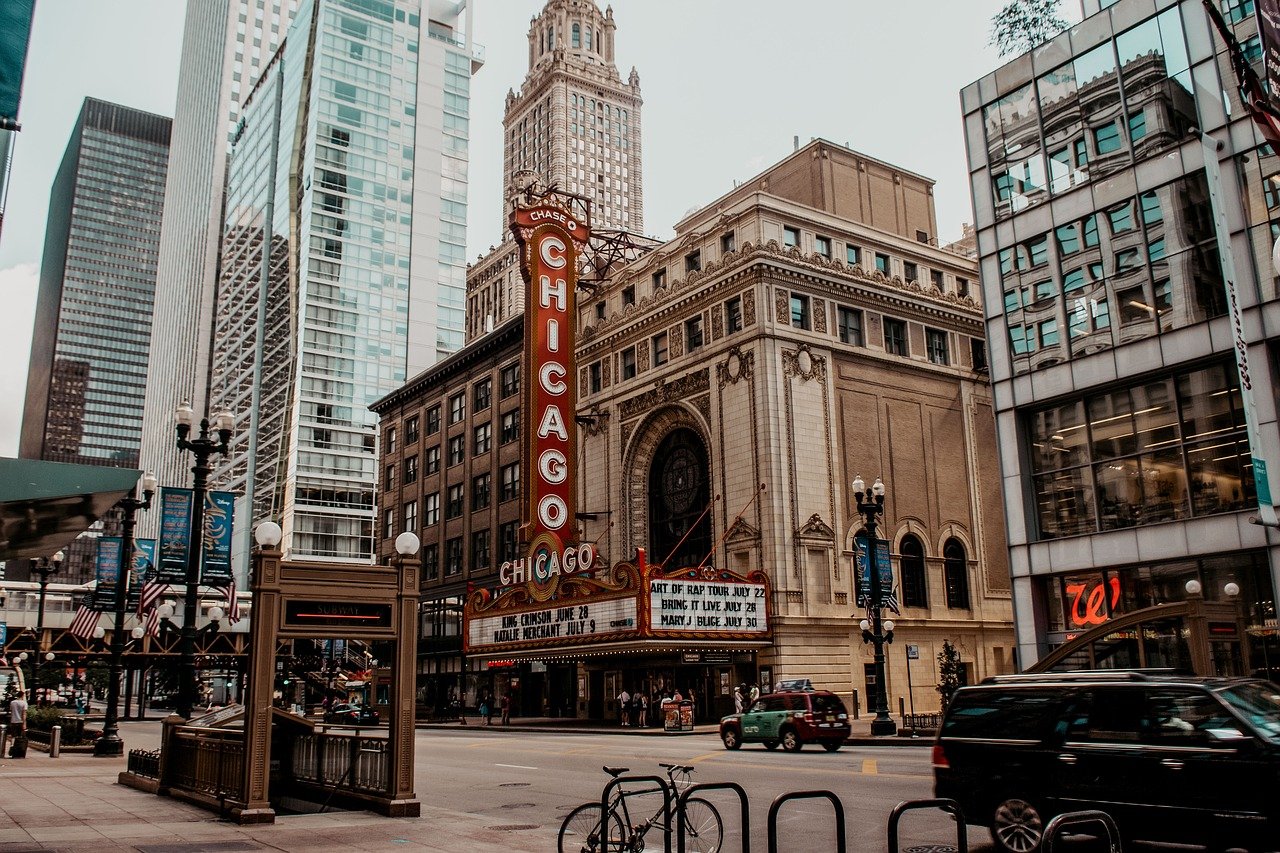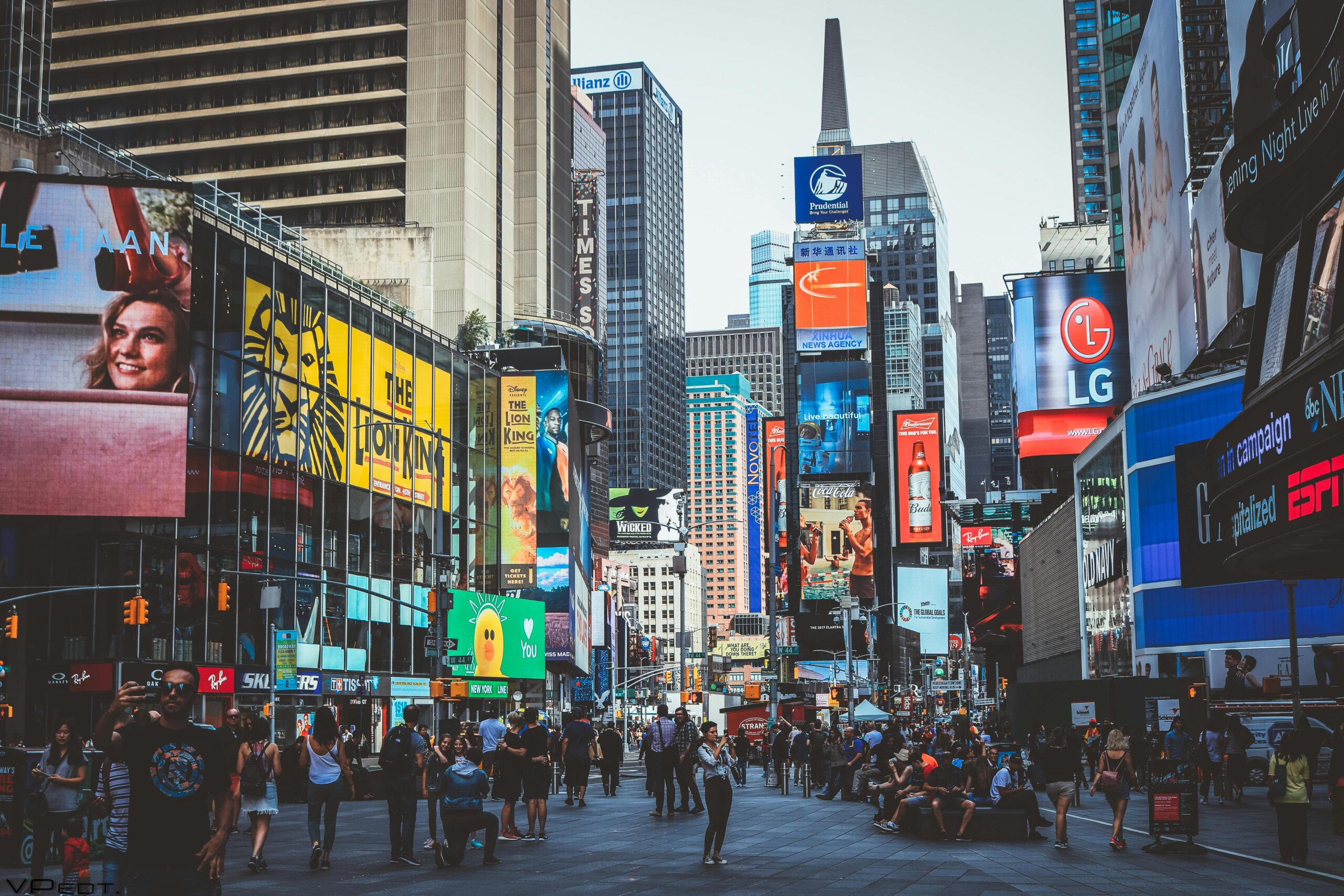- Key Takeaways
- Why Dubai’s Regulations Excel
- Navigating Tax Landscapes
- Comparing Investor Protections
- The Human Element
- Conclusion
- Frequently Asked Questions
Key Takeaways
- With its incredibly efficient business setup, free zones and minimal red tape, Dubai allows companies to easily establish themselves and gives foreign investors the needed agility to quickly build their business.
- The emirate enforces a strong legal framework for property rights, with transparent registration and solid protections for foreign ownership and investment security.
- Dubai’s legal environment is characterized by clear regulatory guidelines, efficient dispute resolution mechanisms, and a predictable rule of law that reduces operational risks for businesses.
- Dubai’s government agencies provide enabling support like investment incentives and entrepreneurship programs that create a thriving environment for business development and innovation.
- The city’s tax regime, characterized by the absence of personal income tax and zero or minimal corporate taxes for most sectors with straightforward compliance requirements, continues to provide businesses and individuals with significant financial benefits.
- Dubai attracts world class talent through flexible labor laws, easier visa processing, superior salaries, and quality of life, in a city where talent and their families want to be.
Dubai’s regulations are superior to America’s in certain sectors, like real estate and financial technology, due to rigorous oversight and rapid approval mechanisms.
Rules in Dubai break red tape, allowing startups and investors to move quickly. The city employs digital licensing and reporting systems, which inject greater transparency.
To demonstrate how these regulations operate in practice, the following section will contrast specifics of Dubai and US types.
Why Dubai’s Regulations Excel
Dubai stands out for its clear and effective regulatory framework, shaped by its role as a global business hub within the UAE territory and its willingness to adapt best practices. These regulations underpin both UAE companies and international partners, providing certainty and a pro-business environment.
1. Business Setup
Dubai keeps business setup simple, at fast registration speed and with minimal delays. Free zones provide tax incentives and allow foreigners to fully own companies, circumventing bureaucratic delays.
Dubai makes it simple to start up — licensing takes a day in some cases. Less red tape means more people can get ideas to market quickly. Local partnerships — like working with Emirati sponsors — enable newcomers to comprehend the market, sidestep errors and expand more quickly.
2. Property Rights
Dubai’s legal system protects foreign property owners. The property registry is transparent and accessible, so investors feel confident their rights are secure.
There’s no limitation on property purchase or ownership by expats in most of them. Investors can sign long term leases or own freehold property – cultivating trust and attracting more capital.
3. Legal Clarity
Dubai’s regulations are relatively easy to understand and adhere to, with transparent processes for every business action. Disputes get resolved via fast courts and arbitration centers.
Regulations don’t change all that much, so entrepreneurs can strategize for the future unafraid. The UAE collaborates with organizations such as the FATF and revises legislation, including bankruptcy and AML/CFT laws, to align with international standards.
4. Government Support
The UAE doles out tax breaks, grants and low-fee licenses to attract investors. Agencies such as Dubai FDI are smooth operators guiding businesses through setup, while programs are driving tech and AI momentum.
The government looks forward, continuously revising measures to assist new businesses and facilitate commerce and startups.
Navigating Tax Landscapes

It’s crucial to know how tax systems operate in other countries if you’re thinking about living, working, or investing abroad. Dubai and the USA have vastly different tax laws and this can influence business decisions, financial planning and cost of living.
Here’s a table that compares the tax landscapes of Dubai and the USA.
Tax Feature | Dubai (UAE) | USA |
|---|---|---|
Personal Income Tax | 0% | Up to 37% (federal) |
Corporate Tax Rate | 0%–9% (over AED 375,000) | 21% (federal, plus state/local) |
Capital Gains Tax | 0% | Up to 20% (federal) |
Free Zone Tax Incentives | 0% on qualifying income | Not available |
Double Taxation Treaties | Yes | Yes |
Reporting Requirements | Simple for UAE residents; complex for US expats | Strict, especially for US citizens |
The Zero-Tax Advantage
Dubai’s zero personal income tax is a huge attractor for individuals from high-tax countries. There’s no tax on capital gains for residents, so they can retain more of what they make or invest.
No corporate tax will apply to most small businesses if their taxable income is below AED 375,000 ($102,096). Even bigger companies enjoy a low 9% rate. Free zones sweeten the deal further, with 0% tax on qualifying income, which is hard to find anywhere else in the world.
These policies have remained consistent for a considerable time, which makes Dubai’s tax landscape dependable for long-term strategizing.
Corporate Tax Simplicity
Dubai keeps its corporate tax policies straightforward and simple. There’s not many baffling tiers or state taxes as in the US, where federal, state and sometimes city taxes can stack up.
Tax filing in Dubai is quick and doesn’t require an entire accounting firm. Foreign investors can easily see what they owe because of upfront rules. If a company’s profits are below AED 375,000, there is no tax, and even beyond that the 9% rate is straightforward.
US Tax Obligations
US tax laws, complicated as they are, follow citizens wherever they live. Even Americans in Dubai have to report their worldwide income and are subject to double taxation, although tax treaties can sometimes mitigate this.
For instance, the Foreign Earned Income Exclusion will reduce tax but forms and paperwork still need to be filed. Dubai’s treaties with other countries can reduce tax liabilities but US regulations continue to complicate matters.
Tax Planning Takeaways
Dubai delivers genuine savings with zero personal or capital gains tax. The US tax system can complicate matters for expats.
Dubai’s free zones and easy regulations provide investors and startups a break.
Comparing Investor Protections
Investor protections range in Dubai and USA. Each is shaped by differences in legal systems and approaches to tax and dispute resolution.
Next table highlights key investor protections.
Feature | Dubai | USA |
|---|---|---|
Capital Gains Tax | None | 20-30% |
Inheritance/Estate Tax | None | Up to 40% |
Property Transfer Fee | 4% | Varies (typically lower) |
Dispute Resolution | Arbitration, efficient courts | Litigation, lengthy process |
Foreign Ownership | 100% allowed in free zones | Varies by state |
Tax Reporting for Citizens | Not required for non-citizens | Required for citizens abroad |
Dubai’s Legal Safeguards
Dubai has woven a robust legal framework for foreign investor security, permitting 100% ownership in many free zones and transparent property ownership regulations.
The UAE’s real estate legislation is transparent and the enforcement expedites relative to a great number of world markets. Contracts are contracts in Dubai, with property rights respected and enforceable by specialized courts.
Arbitration is standard for business disputes, typically resulting in quick and inexpensive resolutions. For instance, the Dubai International Arbitration Centre is a premier forum, relied upon by international investors.
Clear, transparent pricing is part of the appeal. Court proceedings are public, updates simple to monitor. These give investor confidence, particularly those accustomed to less straightforward or transparent systems abroad.
America’s Litigation Culture
Litigation in the USA is common, expensive, and occasionally sluggish. Business disputes frequently end up in court, which can mean years of legal fees and uncertainty.
Unlike Dubai, where arbitration and court processes are usually much faster, the U.S. Exposes investors to things like exorbitant attorney fees and random results. Long term lawsuits can stall business.
Dubai’s lean system, emphasizing arbitration, reduces time and risk, simplifying investor planning. The business-friendly legal culture in Dubai appeals for a looking glass of safe, stable places to invest.
The lack of capital gains and inheritance taxes versus high rates in the USA and Canada enables investors to retain more gains. Even with that 4% property transfer fee, Dubai still looks attractive – particularly when you consider the region’s economic stability.
The Human Element
Dubai’s regulatory framework molds not only the business ecosystem but the day-to-day life of professionals. Its emphasis on talent magnetism, quality of life and career mobility appeals to a broad spectrum of international professionals.
These are the human elements of regulation — personal values, risk tolerance, cultural norms — that all contribute to how individuals succeed within Dubai’s framework.
Attracting Global Talent
Simplified visa regulations facilitate the relocation of talent to Dubai, including expedited permits for sectors such as technology, healthcare, and finance.
Expatriates frequently earn far more than they would in their native lands — and tax-free income and housing allowances make it even sweeter.
From shopping festivals to international sporting events, Dubai’s blend of entertainment and international cuisine provides a taste of the familiar and the new for all.
Industry conferences and dynamic business incubators allow you to develop your network and collaborate with peers from around the world.
Quality of Life
Dubai comes in high on the list for safety and public order — strict enforcement and visible policing make residents feel very safe. With first-rate hospitals and private clinics, along with international schools with IB and Cambridge curriculums, parents appreciate these for their kids’ well-being and mobility into the future.
Locals delight in beaches, parks and theme parks, along with sports events all year long. The city’s malls aren’t merely commercial environments, but social hubs as well.
Dubai’s mix of cultures, from south Asia to Europe, gives the city a cosmopolitan feel that is inviting to outsiders.
Supportive Community
Foreign workers discover active expat clubs, support groups and language meetups. These communities assist individuals in acclimating, exchanging advice, and developing camaraderie in a new urban environment.
Dubai’s community focus ensures that no one faces challenges alone.
Professional Growth
Career tracks in Dubai, part of the UAE economy, are transparent, with defined mentorship opportunities and skills clinics, supported by local firms.
Conclusion
Dubai establishes transparent guidelines that define honest competition and promote confidence. Tax regulations remain straightforward and expenses remain transparent for large and small businesses. Investor regulations make safety the priority and the government intervenes quickly when there’s a problem. Individuals who toil and operate companies experience these regulations in real life. In the U.S., rules tend to shift more, and red tape can bog work down. Dubai has it so much more street-smart, more frankly and clearly regulated than America. Each location provides its unique blend of benefits and hazards. Care to go deeper? See real news, explore new regulations and decide what works for you. Choose your location according to your objectives and principles.
Frequently Asked Questions
Why are Dubai’s regulations considered advanced compared to America’s?
For starters, Dubai has better regulations than the United States, concentrating on attracting international business and capital while enforcing UAE government policies diligently.
How does Dubai’s tax system differ from America’s?
Dubai’s low corporate taxes and absence of personal income tax provide significant advantages for international business ventures, contrasting sharply with the United States’ higher tax complexities.
What investor protections exist in Dubai?
Dubai has tough investor protections, including clear property ownership and transparent contract enforcement, which benefit foreign firms.
Is Dubai’s legal system favorable for international businesses?
Indeed, Dubai, as part of the UAE territory, has one of the best commercial legal frameworks in the world, featuring free zones and simplified business setup.
How do Dubai’s regulations impact daily life for residents?
Dubai’s regulations ensure safety, order, and efficient public services, which contribute to a high quality of life for residents.
Are Dubai’s regulations strict for foreign workers?
Dubai has clear and explicit regulations for foreign residents, such as work permits and residency visas, with the procedure being simplified and transparent to support the UAE economy.
What makes Dubai attractive to global investors?
Dubai presents political stability, state-of-the-art infrastructure, tax benefits, and investor-friendly laws, making it a key player in the UAE economy attracting global investors.



